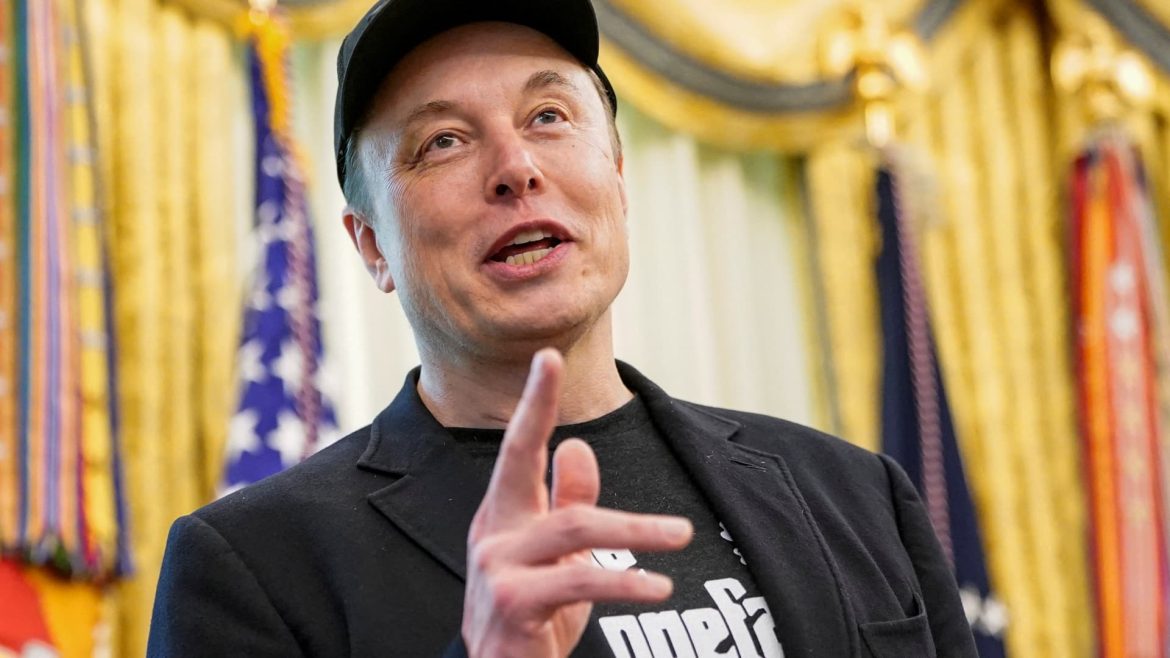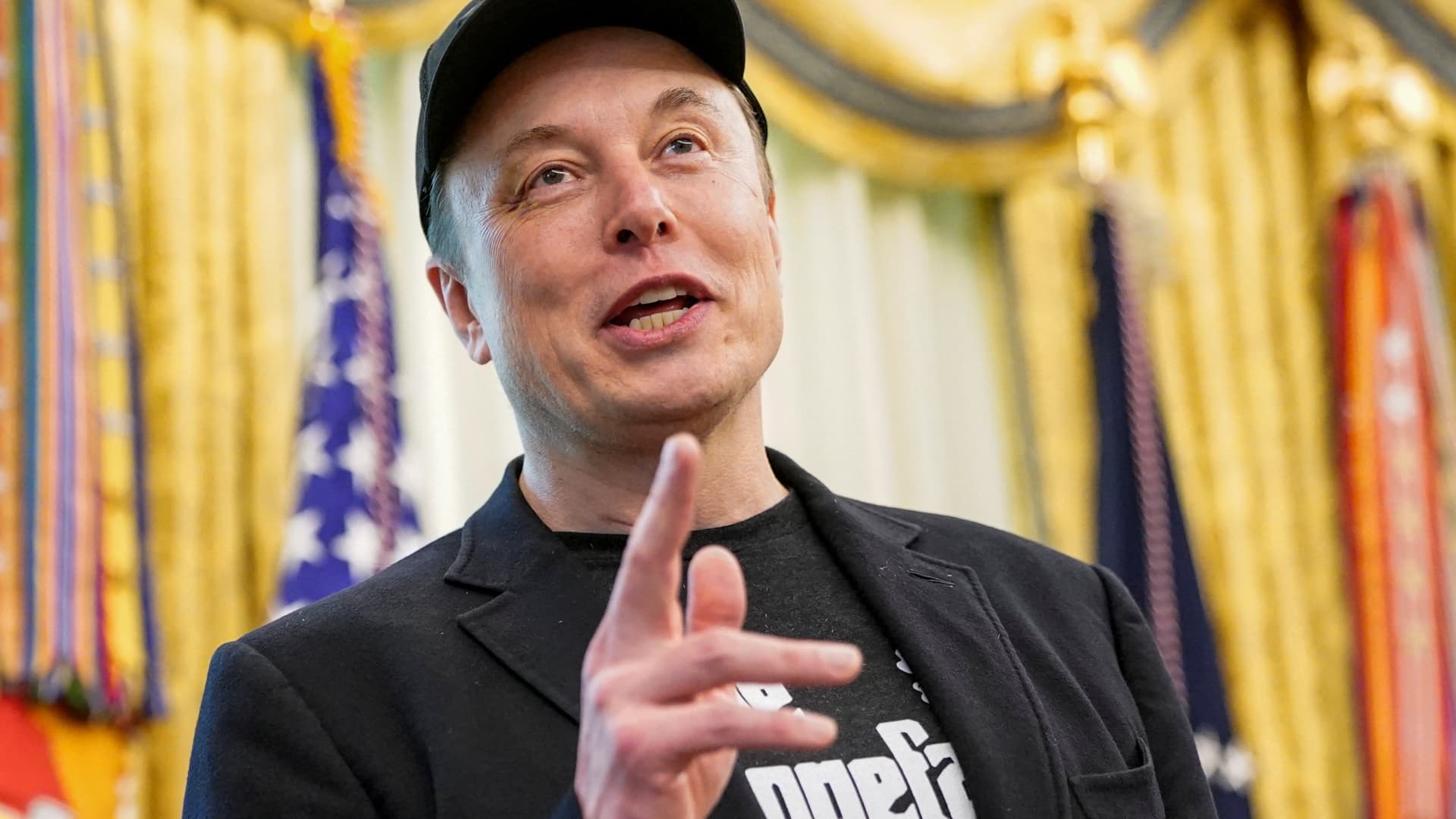Elon Musk’s Scathing Critique of Trump’s Budget Bill: An In-Depth Analysis
Elon Musk, once a vocal supporter and associate of Donald Trump, has recently launched a sharp and public denunciation of a monumental tax-and-spending bill championed by the former president. Musk’s choice words — labeling the legislation a “disgusting abomination” filled with excessive “pork” and projecting a dramatic worsening of the national deficit — mark a significant rift and raise compelling questions about fiscal responsibility, political alliances, and the broader economic trajectory of the United States.
Musk’s Condemnation in Context
The bill in question, pushed through the House and awaiting Senate approval, is a sweeping package that combines substantial tax cuts with wide-ranging domestic spending increases. While termed a “big, beautiful” bill by Trump and his supporters, this characterization contrasts starkly with Musk’s framing. As a high-profile entrepreneur known for his sharp business acumen, Musk emphasizes the ballooning federal budget deficit tied to the bill — estimates suggest an added $2.5 to $3 trillion to national debt over forthcoming years.
Musk’s vocal disappointment carries weight given his previous favorable view of Trump, even mentioning that “the more I’ve gotten to know President Trump, the more I like the guy.” This personal shift underscores the depth of his concerns that the policy package not only mismanages fiscal priorities but also contradicts prior cost-cutting efforts advocated by figures close to the administration.
Core Criticisms of the Bill
The accusations Musk levels can be broken down into several key points:
1. Excessive “Pork” Spending: Musk decries the bill as riddled with earmarks and unnecessary expenditures — colloquially known as “pork” — suggesting that the legislation prioritizes political favors or pet projects over sound budgeting.
2. Deficit Expansion: The fiscal impact looming from this bill is a significant concern. Analysts, including the Committee for a Responsible Federal Budget, warn that it could increase the deficit by trillions, fuelling long-term economic instability.
3. Contradiction of Campaign Promises: The bill’s expansionary nature appears at odds with Trump’s prior rhetoric around fiscal conservatism and deficit reduction, eliciting frustration from Musk, who had hoped for more prudent financial stewardship.
Political and Economic Implications
The disagreement between Musk and Trump is emblematic of wider tensions in the Republican Party and conservative economic thought. The bill’s passage through the House as a Republican victory does not guarantee Senate success, with some factions concerned about the massive debt increase, as evidenced by Sen. Rand Paul’s opposition tied to the debt ceiling hike.
Musk’s dissent also highlights the potential fractures in the coalition of business leaders, lawmakers, and policymakers who had rallied behind Trump’s agenda. His critique signals that even influential supporters may prioritize long-term economic sustainability over partisan loyalty, especially in light of growing national debt worries.
Furthermore, Musk’s public prominence amplifies the fiscal debate, drawing attention to how budgetary policy decisions could affect innovation, investment climate, and the overall economic health of the country. His characterization of the bill as an “abomination” is likely to influence discourse beyond typical political circles, encouraging more scrutiny from independent observers and market stakeholders.
Impact on Musk-Trump Relationship
Their evolving dynamic, evidenced by Musk’s recent remarks, reflects broader shifts in American political-business interactions. Musk’s earlier alignment and cooperation with the Trump administration have given way to pointed criticism, showing how pragmatic financial concerns and divergent policy views can override personal rapport.
This development is also indicative of Musk’s willingness to voice candid opinions on high-stakes political issues, even at the expense of previously established alliances, signaling a pattern where business leaders demand fiscal accountability regardless of political affiliation.
Conclusion: A Stark Warning Amid Controversy
Elon Musk’s denunciation of President Trump’s expansive budget bill shines a spotlight on fundamental disagreements about fiscal responsibility, political strategy, and the long-term economic path America is charting. By calling the legislation a “disgusting abomination,” Musk not only expresses frustration with its content and consequences but also injects a provocative voice into the national conversation about government spending and debt.
This clash underscores that even powerful figures once united can dramatically diverge when core principles like budgeting and deficit control are at stake. As this legislative effort faces an uncertain future in the Senate, Musk’s critiques will remain a salient part of the debate, urging a closer examination of how policymakers balance ambition with responsibility in charting the country’s fiscal course.





